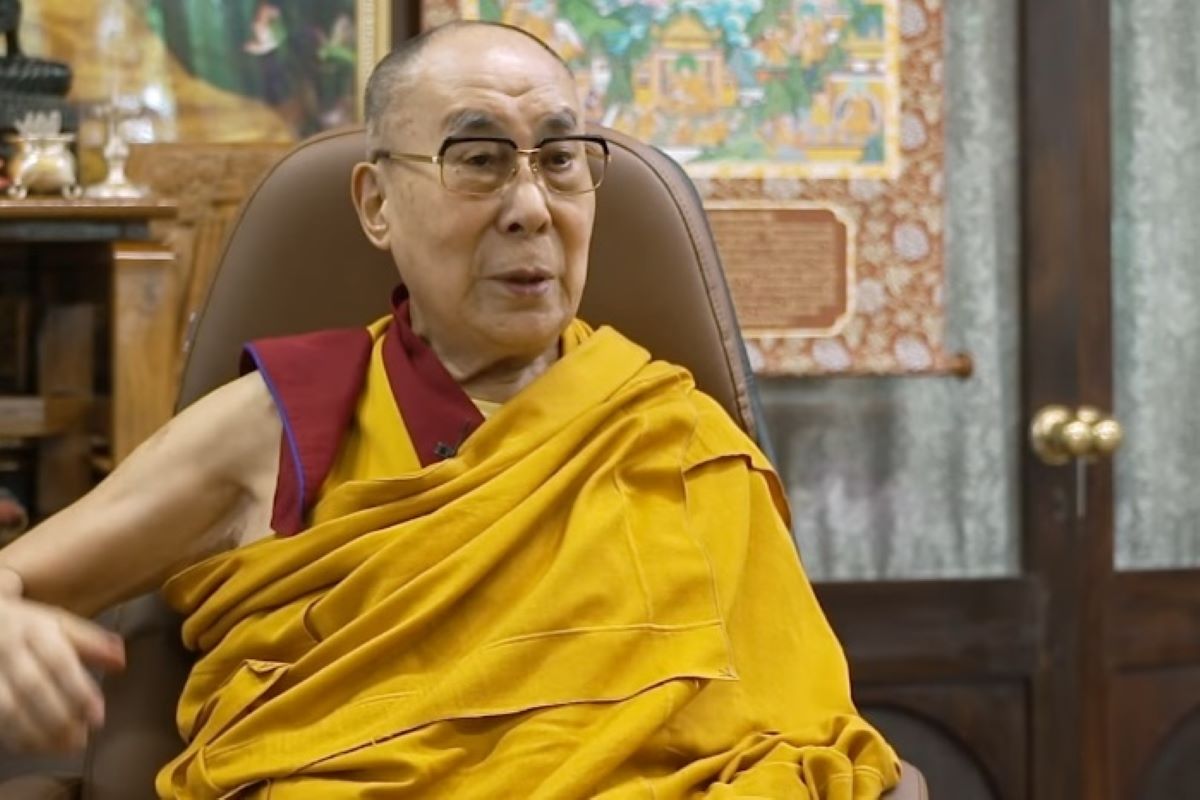UP govt to conduct grand roadshows in India and abroad for Maha Kumbh
Apart from this, approval has been granted for the purchase of 220 vehicles for the event.
Strategically, awarding the Bharat Ratna to the 14th Dalai Lama would be a far more effective way of signalling the Indian establishment’s refusal to be cowed down by China while at the same time continuing to maintain its policy of recognising Tibet as an autonomous region of the People’s Republic of China.

Central Tibetan Administration Cabinet promulgates firm stand on 14th Dalai Lama
The civil society campaign launched on 15 March by students, friends, and admirers of Nobel laureate the 14th Dalai Lama Tenzin Gyatso appealing to the Indian government to confer upon him the country’s highest civilian award, the Bharat Ratna, comes at an interesting ~ and appropriate ~ time.
Sino-Indian relations are at an inflection point and the Ukrainian crisis has accentuated the frenetic geopolitical recalibration New Delhi is engaged in. The short notice visit of Chinese foreign minister Wang Yi to India on Friday only underlined the fact that the two nations are finding it difficult to simply carry on as usual given the ongoing border stand-off.
Mr Yi’s brief visit, the first by a senior Chinese official since tensions at the Line of Actual Control (LAC) escalated in April 2020, has left behind more questions than answers as to its purpose despite talk of a “win-win relationship” for both countries premised on a long-term “civilisational view of India-China ties”. While Beijing and New Delhi may temporarily find themselves on the same side on Ukraine, their relationships with the West differ substantially both in form and content.
Advertisement
It is in this context that the government must seriously consider the demand for the Dalai Lama to be awarded the Bharat Ratna. There can be no question on the appropriateness of his candidature given his extraordinary contribution to the spread of the ancient Indic culture of wisdom and compassion. The Dalai Lama, now 87, is recognized globally as a man of peace who has faced religious and political-cultural conflict with great poise, patience, and non-violence.
Living in exile in India since 1959, his body sustained by Indian food and his mind nourished by the Indian philosophical tradition, his seminal contribution to the preservation and promotion of Buddhist thought, principles, and values is acknowledged the world over.
The Dalai Lama, who describes himself with pride as a “son of India”, has ensured the intellectual and emotional lineage of Lord Buddha is flourishing under his guidance. His life has been an example of the golden mean ~ wherein a quest for spiritual awakening and the vision of a scientific mind are not mutually exclusive.
Strategically, awarding the Bharat Ratna to the 14th Dalai Lama would be a far more effective way of signalling the Indian establishment’s refusal to be cowed down by China while at the same time continuing to maintain its policy of recognising Tibet as an autonomous region of the People’s Republic of China.
The move would also be at least a part-palliative for Western capitals where India’s refusal to condemn Russia outright over its invasion of Ukraine has begun to cause serious heartburn. But above and beyond all strategic calculations, there are many in this country for whom it would simply be the right thing to do.
Advertisement